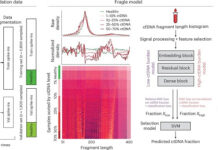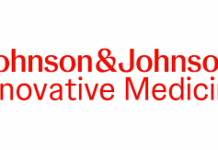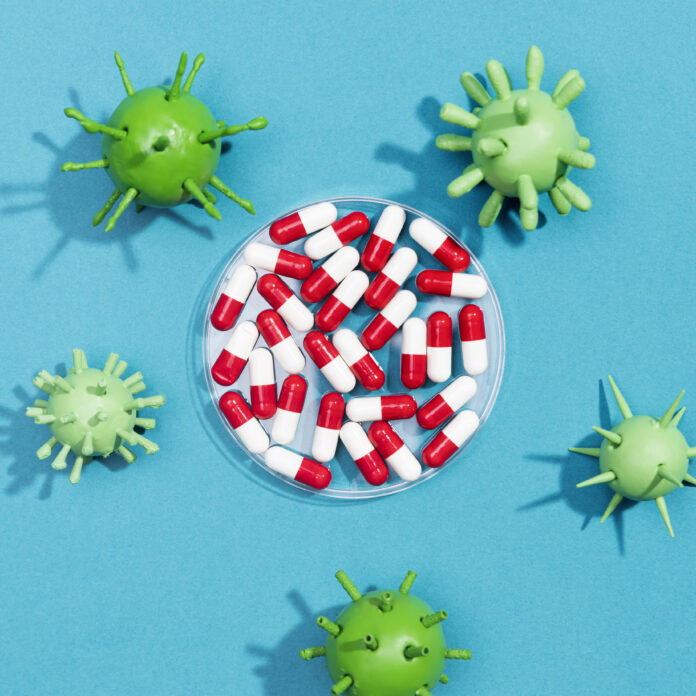A new study by the Indian Council of Medical Research (ICMR) has revealed alarming levels of antibiotic resistance in India, with many families falling into debt due to the soaring treatment costs. Published in BMJ Open, the study underscores the financial burden of treating antibiotic-resistant infections in private hospitals, which can cost up to 10.6% more than treating drug-susceptible infections.
As common antibiotics lose their effectiveness, doctors often turn to more expensive drugs, and extended ICU care further drives up costs. The study found that 46.5% of patients with antibiotic-resistant infections had to borrow money to cover both direct and indirect expenses. Moreover, 33.1% experienced “grade 2 financial toxicity,” tapping into their savings to pay for treatment, and some families even had to cut back on food. The financial strain was so severe that 11.4% of families dealing with drug-resistant infections and 9.8% of those with susceptible infections were forced to sell or mortgage their assets, resulting in “grade 4 financial toxicity.”
As reported by economictimes, the research, based on data from eight hospitals, highlighted a stark contrast in treatment costs. In private hospitals, the cost of treating drug-resistant infections averaged $3,382, compared to just $215 in charity-run hospitals in certain cities. The study found that drug-resistant infections in private hospitals were 10.7% more expensive than drug-susceptible infections, with pharmaceuticals being the main contributor to the increased costs.
Dr. Kamini Walia, senior scientist at ICMR and one of the study’s authors, emphasized that while treatment costs in India are already significant, the financial burden is far heavier when dealing with drug-resistant infections. “Our study shows the immense financial strain antimicrobial resistance places on families, which is becoming an increasingly urgent public health issue,” she said.
























